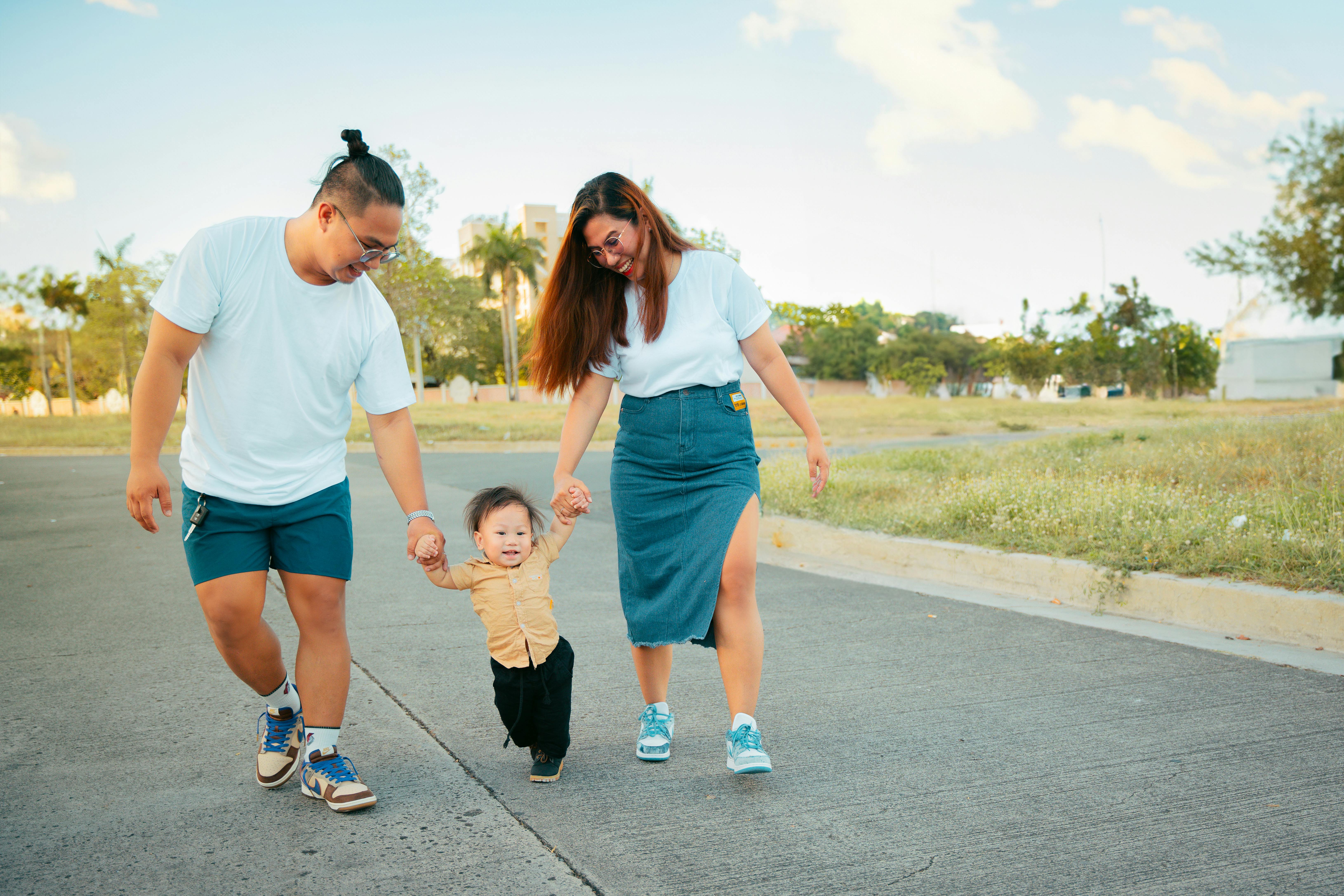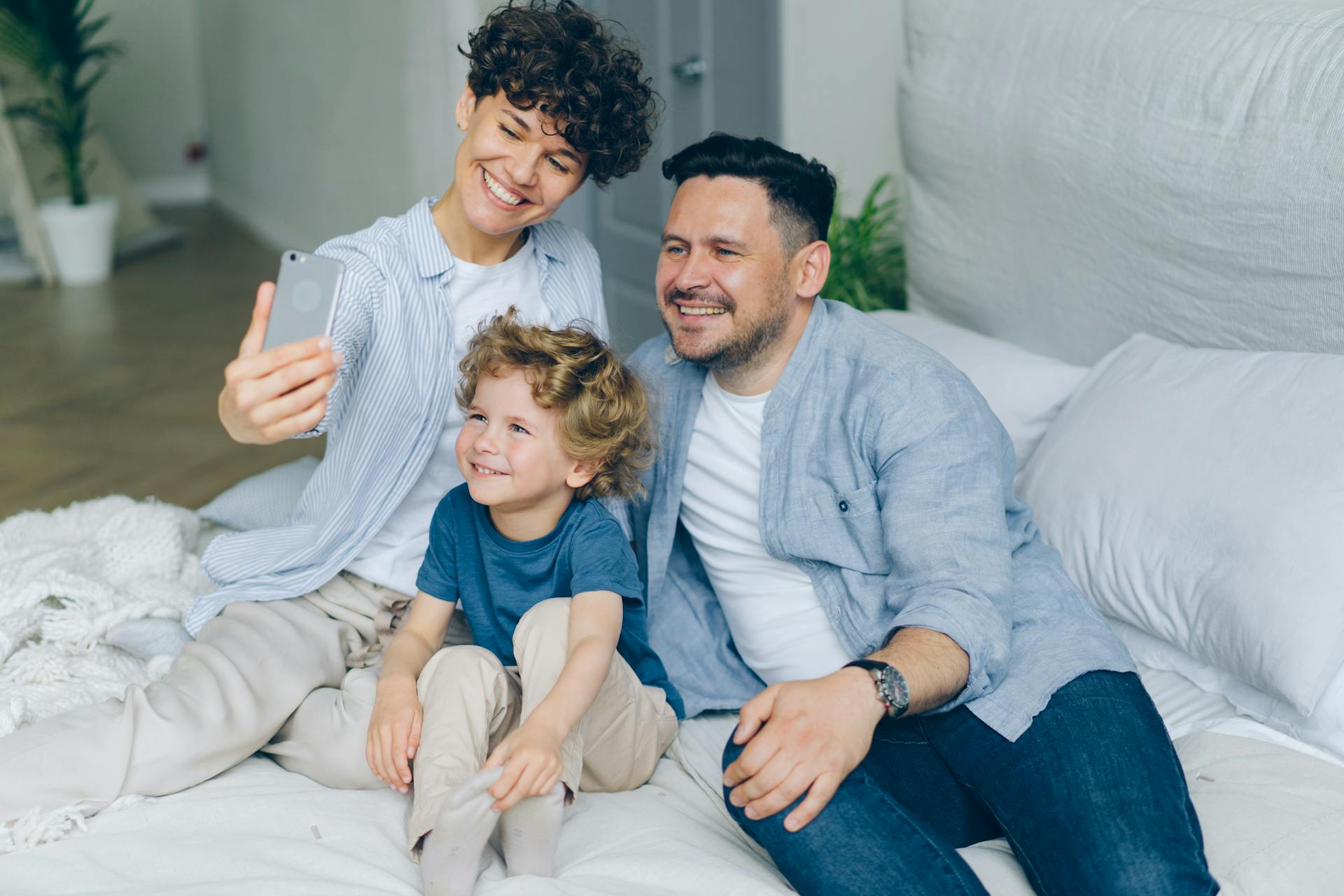什么是德国家庭团聚签证?
家庭团聚签证是一种德国签证,允许已在德国生活的国际人士的近亲属与他们团聚。该签证旨在支持家庭团聚,使家人能够在德国合法地生活在一起。
目的和对象
家庭团聚签证的主要目的是使家庭成员能够与居住在德国的配偶、父母或子女团聚,无论是拥有有效居留 还是德国公民身份。此类签证适用于
- 配偶和注册民事伴侣
- 18 岁以下儿童
- 居住在德国的技术工人的父母或岳父母(特殊情况下)
法律依据和典型情况
家庭团聚签证的法律依据来自《德国居留法》第 27 条 "受抚养人的后续移民"。常用的情况包括
- 配偶与在德国工作的伴侣团聚
- 子女与在德国工作的父母同住
哪些人可以申请家庭团聚签证?

家庭团聚签证允许德国合法居民的家庭成员与其团聚。不过,并非每位亲属都有资格获得该签证,因为资格取决于您与家庭成员的关系以及家庭成员在德国的居留身份。
配偶和注册伴侣
如果您已合法结婚或注册为民事伴侣关系,通常可以申请在德国与伴侣团聚。婚姻或伴侣关系必须得到德国法律的承认,这意味着如果婚姻或伴侣关系发生在国外,您可能需要提供官方译文和公证。
未婚伴侣通常不符合条件,除非您能证明存在特殊情况,如共同拥有一个孩子并长期生活在一起。此外,配偶双方必须年满 18 周岁,并且必须确保家庭的经济稳定。
根据配偶在德国的居留身份,配偶必须提供A1 级德语水平的证明。如果在德国的配偶是欧盟蓝卡的持有者,则无需提供此类证明。
儿童和未成年人
未满 18 周岁的子女有资格与在德国拥有监护权的父母团聚。如果父母中只有一方在德国,您可能需要另一方的书面同意才能让子女迁居。如果父母双方都已在德国,子女的申请程序通常较为简单,但您仍需提供法定监护权证明。
对于年龄较小的儿童,规定较为简单,而16 岁以上的儿童则需要满足额外的要求。其中包括德语水平达到 C1 级。不过,如果子女在父母迁居后 6 个月内移居德国,则可免于此要求。如果父母持有欧盟蓝卡,情况也是如此。
父母和其他家庭成员
如果子女持有技术工人居留 (例如欧盟蓝卡),父母和岳父母也可以申请家庭团聚签证到德国与子女团聚。该居留 必须在 2024 年 3 月 1 日之后签发。
要获得此类签证,您还需要提供经济稳定的证明,例如子女在德国生活的证明,以及足够的医疗保险 。
此外,居住在德国的未成年子女的父母也有资格申请家庭团聚 签证申请时子女尚未年满 18 周岁。如果孩子尚未出生,则有一个特殊条件:孩子必须在出生时获得德国国籍。
财务证明:保证金账户用于特殊情况
虽然许多家庭团聚签证都是以德国籍家庭成员的收入为依据,但在某些情况下,也可能需要提供保证金账户 。
何时需要保证金账户 ?
A 保证金账户 保证金账户是一个特殊的银行账户,在签证申请 过程中,您可以在该账户中存款 ,以证明您有足够的资金支付生活费用。对于家庭团聚签证,这不是标准要求,但在特殊情况下可以申请,例如
- 当德国境内的家庭成员未达到官方收入标准时
- 在没有正常收入证明的特殊情况下申请时
- 当政府部门希望进一步确保您有能力养活自己时
Fintiba's Digital保证金账户 - 完全接受的解决方案
Fintiba 提供的全数字化解决方案得到了德国驻世界各地大使馆和领事馆的认可。使用 Fintiba,您将受益匪浅:
- 快速简便的 开户 流程
- 汇款后可快速查阅您的保证金证明
- 德国驻外使馆认可该保证金账户 ,让您高枕无忧
- 随时随地在线管理您的账户
现在就开设您的 Fintiba保证金账户 ,为您的签证获批迈出重要一步。
申请探亲签证的要求
申请家庭团聚签证时,符合要求是成功申请的关键。根据家庭关系、担保人身份和各大使馆的标准,这些要求略有不同。
家庭成员在德国的居留身份
您在德国与之团聚的家庭成员必须持有以下身份之一,才能申请此类签证:
- 德国国籍
- 永久定居许可证(Niederlassungserlaubnis)
- 出于工作或人道主义等目的的有效临时居留 (Aufenthaltserlaubnis)
A1 语言证书(适用于配偶)
为鼓励融入社会,配偶一般需要在抵达前证明自己的德语水平达到 A1 级。这意味着能够进行自我介绍、提出简单问题并理解日常用语。证书必须由歌德学院等认可机构出具。如果您的配偶是高技术工人并持有蓝卡,则可免于此要求。
住宿要求
您需要证明家中每个人都有足够的空间。当局通常以每人平方米来计算,您可能需要提供以下资料:
- 租赁合同
- 房东的确认函
- 城市登记证书(Meldebescheinigung)
财务要求和收入证明
在德国的家庭成员必须证明他们可以不依靠公共资金来抚养您。这通常需要提供
- 最近的工资单(通常是最近三个月的工资单)
- 雇佣合同或自雇证明
- 显示正常收入的银行对账单
如果他们的收入不足,您可能会被要求提供额外的证明,例如 保证金账户.
申请探亲签证所需文件
要成功申请德国家庭团聚签证,您需要提供几份文件来证明您的资格。这些文件可能会因个人情况或使馆要求而有所不同,但我们可以为您提供一个标准概述。所需的文件由在国外的申请人和在德国的家庭成员共同提供。
申请人(国外)
- 至少有两页空白的有效护照
- 已填写并签名的签证申请
- 最近 biometric 护照照片
- 结婚证书或出生证明(视关系而定)
- A1 级德语语言证书(如适用,适用于配偶)
- C1 级德语语言证书(如适用于儿童)
- 医疗保险 覆盖面证明
- 签证费付款确认
来自德国家庭成员的信息
- 居留、德国护照或入籍证明的复印件
- 就业证明(如工作合同)
- 收入证明(如工资单、纳税证明等)
- 住宿证明(如租房合同、房东确认函等)
翻译和合法化要求
任何以德语或英语以外的语言签发的文件都需要经认证的翻译件。根据文件签发国家的不同,文件可能还需要进行公证或加注以确认其真实性。这一步骤可能需要时间,因此我们建议尽早开始。
探亲签证的办理时间和有效期
申请家庭团聚签证可能是一个情绪化的过程,而等待决定往往是最困难的部分。虽然没有放之四海而皆准的时间表,但了解自己的预期可以帮助您满怀信心地计划您的行动。
需要多长时间?
处理时间因您的个人情况和申请地点而异,但大多数申请需要8 周至 3 个月的时间。影响时间的因素包括
- 德国驻贵国大使馆或领事馆的工作量
- 您的申请是否需要德国地方当局的额外批准
- 申请文件不完整
- 如果使馆要求提供额外文件,您可以如何快速做出回应
提示:尽早开始收集文件,确保事先将所有相关文件翻译成德语或英语,并提交完整的申请,以避免不必要的延误。
签证有效期多长?
您获得的入境签证的有效期通常至少为90 天,这样您就有时间进入德国并在当地的外国人管理局注册。在那里,您将申请居留,居留的有效期通常与您家人的居留相同。
在德国能否延期?
是的,您可以在德国延长家庭团聚签证的有效期。抵达德国后,您首先需要申请居留,其有效期为您家庭成员的居留许可有效期。有效期届满后,如果仍符合所有要求,您可以续签。
随着时间的推移,许多持家庭团聚签证来到德国的外国人都有资格获得永久居留权,这样他们就可以在德国自由居留,而无需继续申请签证。
持探亲签证在德国工作
家庭团聚签证最让人放心的一点是,它通常附带工作权利。
配偶的工作权利
德国公民的配偶或大多数居留 持有者一旦在德国获得居留 ,即可不受限制地工作。您无需申请特殊工作许可。
陪同儿童怎么办?
儿童可以上学并参加教育计划。根据青年就业法,青少年可以从事兼职工作,通常是不影响其学业的工作。
常见问题
查找有关德国签证常见问题的答案。
申请探亲团聚签证有哪些财务要求?
您在德国的家庭成员的收入必须足以支付所有家庭成员的生活费用,而无需依靠公共福利。为了证明这一点,您需要提供他们的工资单、工作合同和税务文件的复印件。
配偶是否需要 A1 德语?
是的,在申请家庭团聚签证前往德国与配偶团聚时,提供德语技能达到 A1 级的证明是一项标准要求。但是,如果您在德国的配偶被认为是高技术工人,您就可以免除这一要求。
家庭团聚签证需要多长时间?
家庭团聚签证的办理时间最长可达 3 个月,具体取决于您的个人情况、文件的完整性以及使馆的工作量。
在德国期间可以申请家庭团聚签证吗?
通常情况下,您需要在本国或合法居住国的德国大使馆或领事馆申请家庭团聚签证。
持探亲签证可以工作吗?
是的,在大多数情况下,家庭团聚签证允许您不受限制地在德国工作。请注意,您需要在抵达德国后首先申请居留 。
我可以带父母来德国吗?
是的,在某些情况下,如果在德国的子女持有 2024 年 3 月 1 日之后签发的技术工人居留 (如欧盟蓝卡),父母可以申请家庭团聚签证。居住在德国的未成年子女的父母也可以申请,只要子女在申请时仍未满 18 周岁。
获取签证就绪套餐
通过我们为您量身定制的一体化签证解决方案,开始您的德国之旅。





